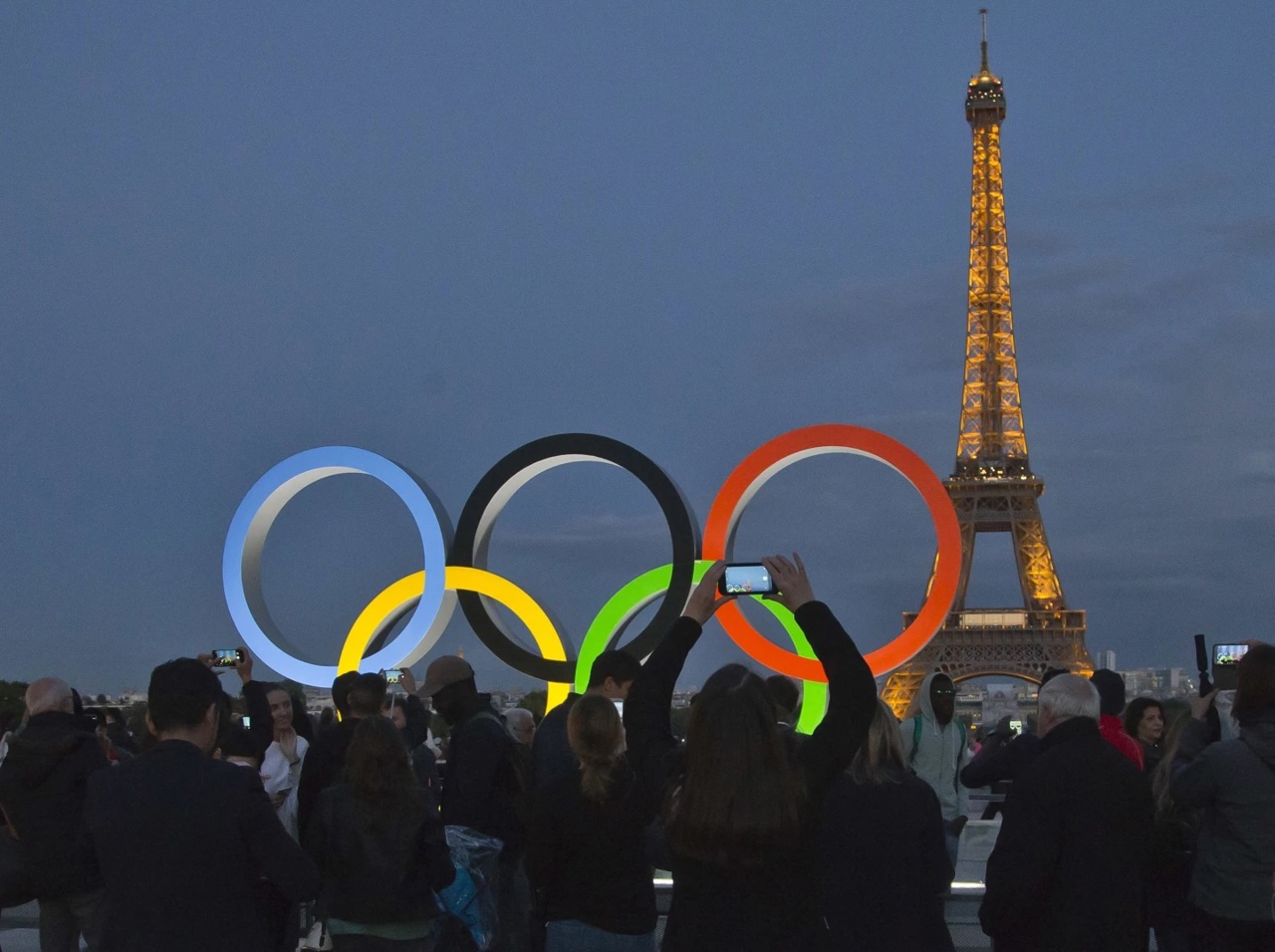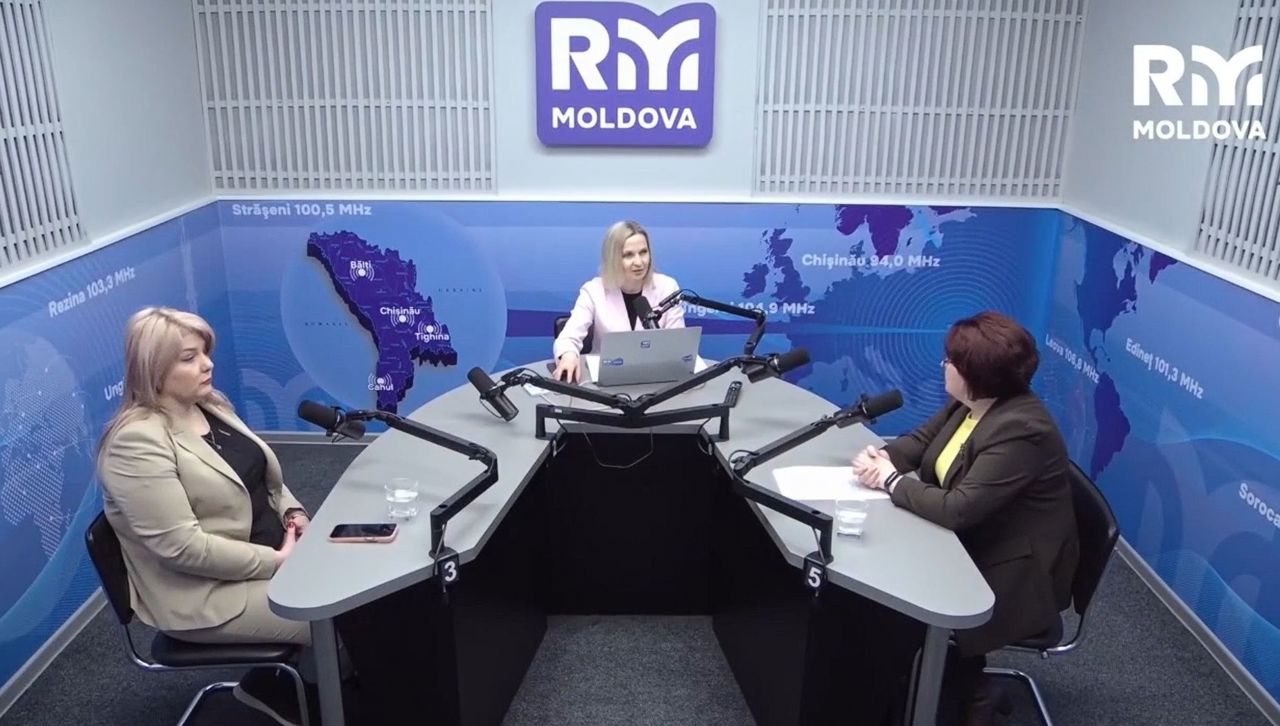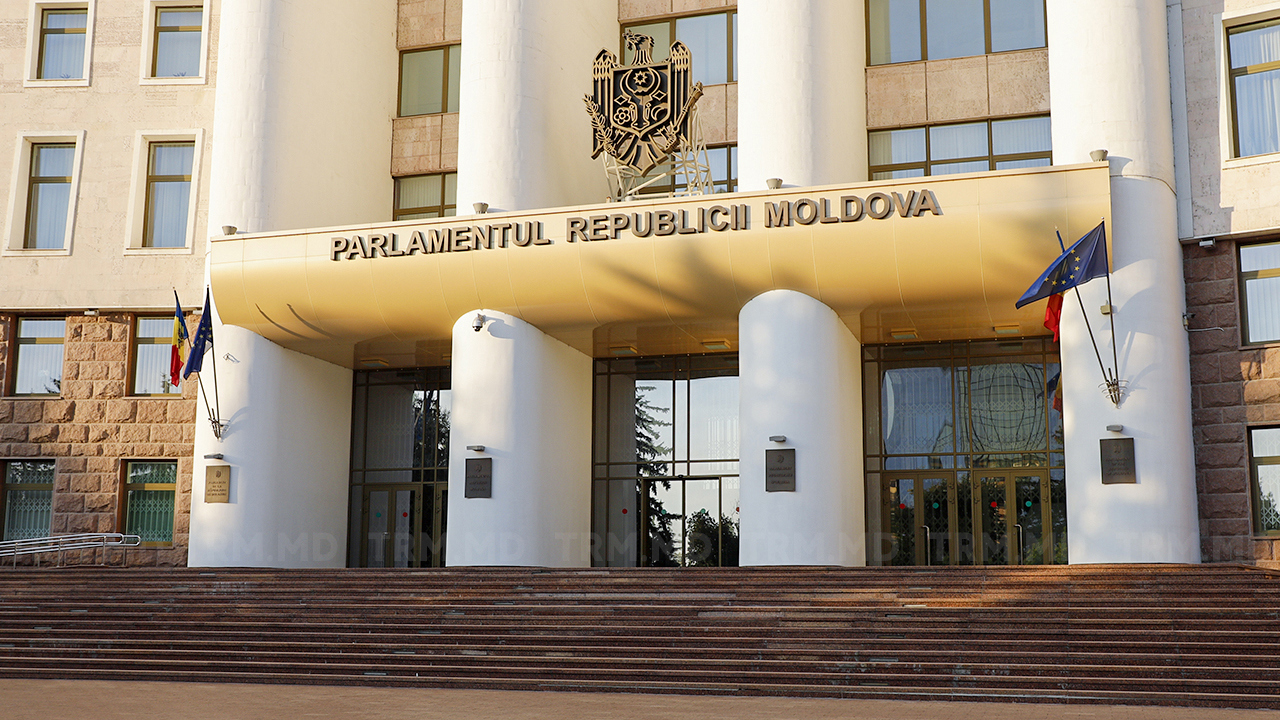Paris Olympics in Shadow: Security Concerns Force Changes
In the lead-up to the Paris Olympics, discussions ideally centred around the picturesque scene envisioned for the opening ceremony: a summer sunset painting the Seine River with fiery hues as athletes gracefully glided by in boats, waving to enthusiastic crowds.

However, this idyllic image has been overshadowed by growing security concerns, which have already cast a long shadow over this unprecedented open-air event.
According to the Associated Press, the number of spectators permitted to attend the ceremony was significantly reduced in January, falling from roughly 600,000 to around 320,000. Tourists were further disappointed to learn that free viewing from the riverbanks would no longer be an option. The French government, citing ongoing security threats, was forced to scale back its initial plans for the ceremony.
Adding to the tense atmosphere, France raised its security posture to the highest level on March 24th. This decision followed a deadly attack at a concert hall in Russia and the Islamic State's subsequent claim of responsibility. French President Emmanuel Macron has stated that the ceremony could be relocated to the Stade de France national stadium if the security situation is deemed too critical.
Security and transportation are paramount concerns for the upcoming Paris Olympics, scheduled to take place between July 26th and August 11th.
Ticket Sales Overview:
Organisers report that approximately 9 million of the 10 million tickets available have already been sold, with 63% of purchases made by residents of France. The ten most popular sports, in descending order of ticket sales, are football (soccer), athletics, basketball, rugby sevens, volleyball, handball, beach volleyball, field hockey, tennis, and water polo.
To mark the 100-day countdown to the Games, the Paris Olympics organising committee will release an additional 250,000 tickets for sale on April 17th. Tickets are available for purchase through the official platform, featuring a dynamic pricing system that allows buyers to choose a price point between 24 euros and a staggering 2,700 euros. The latter price tag applies to attendance at the opening ceremony, the first ever to be held outside the confines of a traditional stadium.
Hospitality packages for the remaining football matches and the women's basketball quarterfinals start at 250 euros. Packages for the highly anticipated men's basketball game between the United States and South Sudan, taking place on July 31st in Lille (a city located one hour by train from Paris), begin at 375 euros. General admission tickets for the gold medal rematch between the American and Japanese women's teams on July 29th range from 50 to 200 euros.
Security Measures:
An estimated 30,000 police officers will be deployed daily throughout the Games, with a staggering 45,000 officers assigned to security detail for the opening ceremony. Recognizing limitations in its own resources, France has requested assistance from 46 countries, seeking to secure an additional 2,200 officers, many of whom will be armed. The French Ministry of Defense has also submitted a request to foreign nations for a small contingent of military personnel, including canine units.
Tony Estanguet, president of the Paris Olympics organising committee, has assured the public that security measures will be unprecedented. "France has never deployed such extensive security resources," he declared. "I am confident that our nation's security services will ensure the Games are safe."
The number of surveillance cameras throughout the city will be increased; however, facial recognition technology will not be employed. To date, 120 heads of state have confirmed their attendance at the opening ceremony. The ceremony's unconventional outdoor setting presents logistical challenges, as it will involve athletes parading on 84 boats along a 6-kilometre route on the Seine River, culminating at the Eiffel Tower. An estimated 20,000 residents living in nearby apartments will have a direct view of the ceremony. Paid spectators will observe the event from stands situated along the lower banks of the river, while those with invitations will have access to free viewing areas on the higher banks, separated by multiple security cordons.
French Minister of the Interior Gérald Darmanin has announced that the area surrounding the Seine will be closed to traffic a week prior to the parade. Additionally, airspace will be restricted on the night of the ceremony.
Transportation Considerations:
Navigating public transportation in Paris can be a daunting task even under normal circumstances, and the influx of visitors during a major international event is bound to exacerbate the situation. Some residents within city limits are planning escapes from Paris lasting over two weeks to avoid the chaos. Meanwhile, drivers are fuming over a proposal requiring them to obtain QR codes online in order to access designated traffic zones. The potential for train strikes adds another layer of complexity to the transportation landscape.
Transportation authorities anticipate the need to move between 600,000 and 800,000 Olympic visitors daily. A public awareness campaign is underway, urging people to visit a website for tips on minimising travel disruptions during the Games. Ticket prices for the metro will increase from 2.10 euros to 4 euros for a single ticket, and a 10-ticket pass will rise from 16.90 euros to 32 euros. Tourists opting for a Paris 2024 transportation pass can expect to pay 16 euros per day or 70 euros per week, a significant increase from the initially envisioned free public transportation.
Translation by Iurie Tataru






